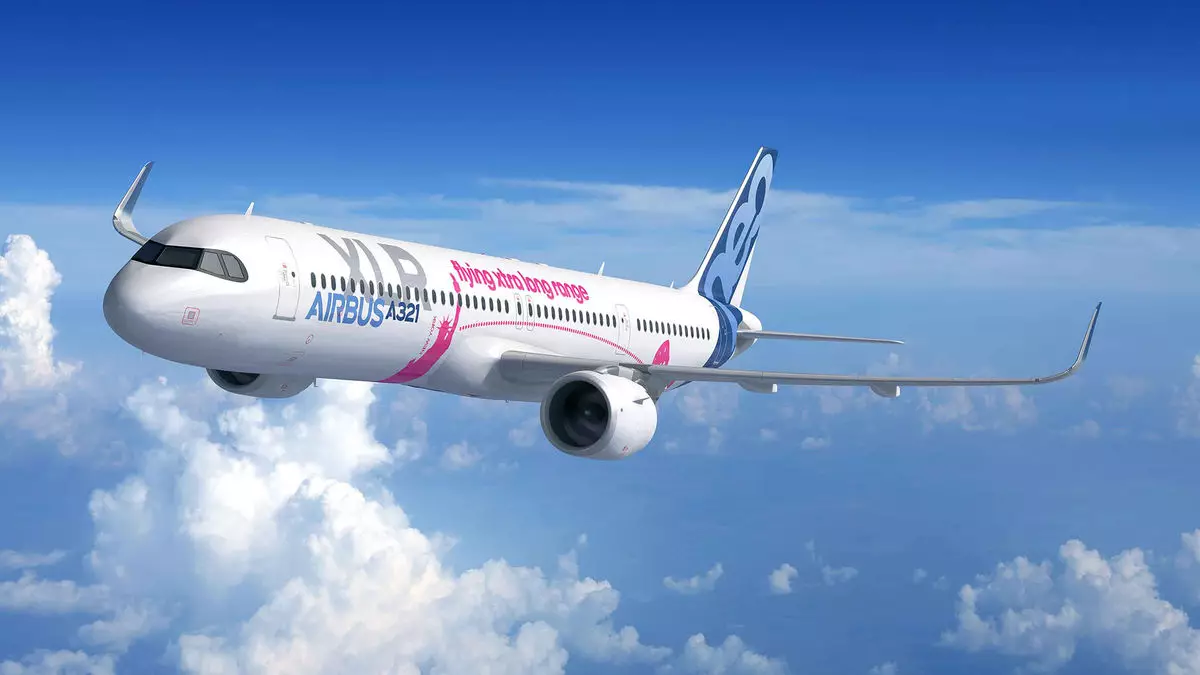The Airbus A321XLR, known for its extralong-range capabilities, has finally received certification from the European safety authority, EASA. This certification comes after a rigorous five-year process, marking a major milestone for the aircraft manufacturer. The certified version of the A321XLR will be powered by a CFM International Leap engine, showcasing the technical prowess and innovation behind this aircraft.
While one version of the A321XLR has been certified, Airbus is still working towards obtaining EASA certification for the variant powered by Pratt and Whitney engines. Additionally, both versions of the aircraft are awaiting FAA certification, further emphasizing the rigorous regulatory processes that new aircraft models must undergo. Iberia, the launch partner of the A321XLR, has already announced plans to utilize the aircraft on flights to Boston and Washington Dulles during the upcoming winter season, showcasing the operational capabilities and potential of this long-range narrowbody.
With over 500 orders and commitments for the A321XLR, Airbus has seen significant interest in this aircraft model. Major airlines such as American, United, and JetBlue have already placed orders for the XLR planes, highlighting the demand for narrowbody aircraft with extended range capabilities. The A321XLR is envisioned for use on transatlantic city pairs, connecting East Coast markets to medium-sized European cities that may not support twin-aisle operations. Additionally, airlines can increase frequencies on designated routes using the A321XLR, offering a more tailored and efficient approach to air travel.
The A321XLR boasts impressive specifications, including a maximum range of 4,700 nautical miles, surpassing its predecessor, the A321LR. With a capacity of 180 to 220 passengers in a typical two-class configuration, the A321XLR offers airlines the versatility to cater to different market segments and route preferences. Airbus also highlights the fuel efficiency of the A321XLR, claiming a 30% reduction in fuel burn compared to previous generation Boeing aircraft, making it a cost-effective and environmentally friendly option for airlines.
The certification of the Airbus A321XLR by EASA marks a significant achievement in the aviation industry. With its long range capabilities, fuel efficiency, and potential for market expansion, the A321XLR is poised to redefine the narrowbody aircraft segment and offer airlines a competitive edge in the evolving aviation landscape.

